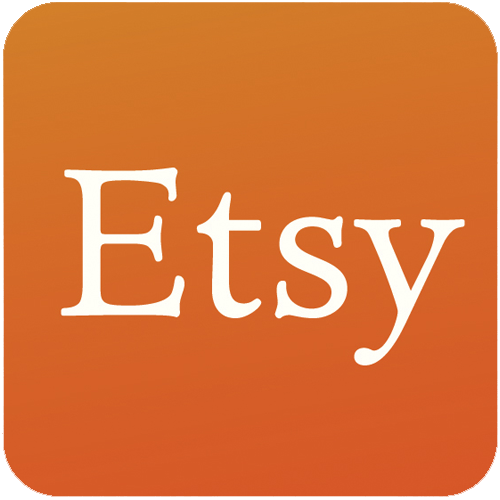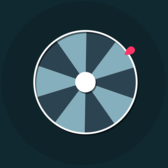I Make $20K/Month Selling Tiny Cinder Blocks Online
Hello! Who are you and what are you working on?
My name is Mat Hofma, and I created Mini Materials. We sell miniature masonry and woodworking supplies like cinder blocks, red bricks, pallets, lumber, and even molds to pour your own cinder blocks.
Our best seller is by far the pallet of miniature cinder blocks. From Day 1 - when I posted my development story to Reddit - the general consensus has always seemed to be "I didn't think I'd ever want to buy a pallet of mini cinder blocks, but now that I see it, I really need it."
Since then we've expanded to different styles of mini masonry and even kits to build models.

What's your backstory and how did you come up with the idea?
I was a graphic designer by trade and really wanted to start up my own e-commerce shop. I wanted to learn web design and at...















